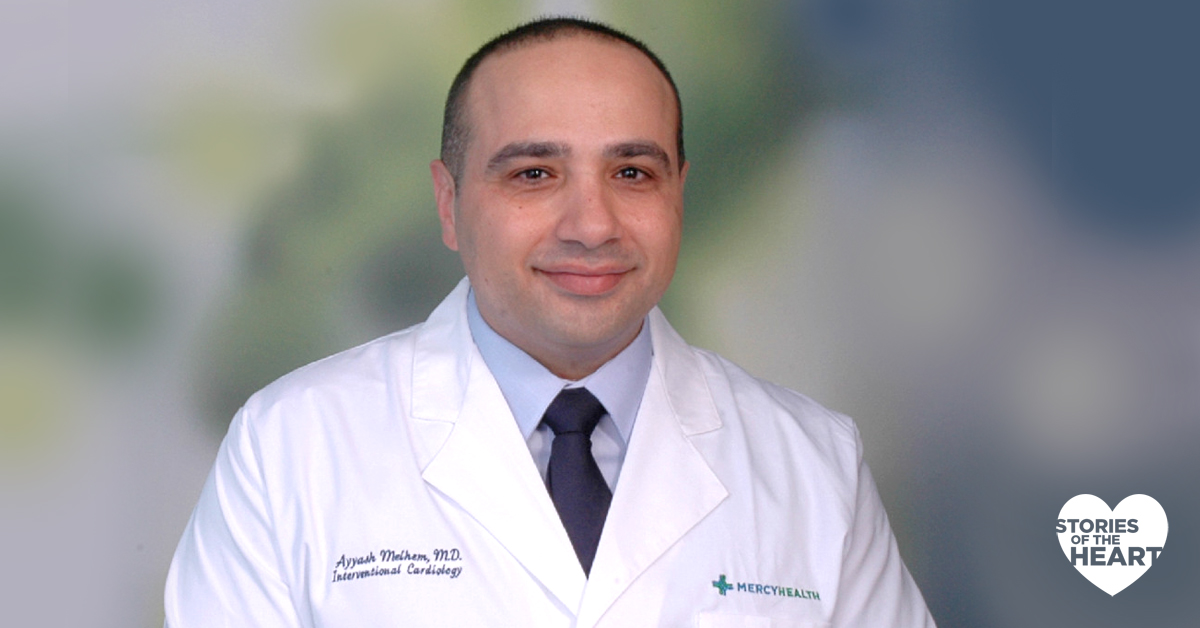Actor and comedian Gilbert Gottfried’s friend and publicist has confirmed that the 67-year-old died of a condition called recurrent ventricular tachycardia.
Mehran Attari, MD, an electrophysiologist in our Cincinnati market, was kind enough to explain what this condition is as well as how it is diagnosed and treated.
Ventricular tachycardia is when the bottom chamber of the heart beats at a rate faster than 100 beats per minute, and often much faster than that. When this happens, the heart is unable to pump blood, leading someone to collapse, possibly go into cardiac arrest and die.
Ventricular tachycardia can happen due to many different conditions, including a heart attack, high or very low levels of potassium in the blood, drug intoxications, weak or damaged heart muscle and congenital heart conditions.
In Gilbert Gottfried’s case, the ventricular tachycardia happened due to heart complications resulting from a disease called myotonic dystrophy type 2.
Myotonic dystrophy (MD) is a condition in which there is progressive muscle loss and weakness. It typically starts to affect people when they are in their 20s or 30s. MD can affect body systems such as the heart and the eyes.
There are two types of MD: type 1 and type 2. One person in 8,000 to 20,000 has MD but the prevalence varies in different countries or ethnic groups. For example, people with Finnish or German ancestry have a higher incidence of MD type 2.
MD type 2 usually starts with someone experiencing weakness of the neck and finger muscles which can then progress to other muscles of the body over several years. Patients also experience muscle pain. It may also take longer for their muscles to relax after using them, a condition called myotonia. Heart conditions or abnormalities are less severe in type 2 than in type 1 and happen less frequently. They can appear as conduction defects with slow heartbeat, irregular heartbeats and weakness of the heart muscle or cardiomyopathy.
Doctors can confirm a diagnosis of MD with genetic testing that looks for the abnormal gene. This condition is inherited as autosomal dominant, which means that only one copy of the gene is necessary for the disease to appear. The risk of any child of an affected person to inherit it is 50 percent for each pregnancy.
There is no definitive treatment for MD. Treatment usually is aimed at relieving symptoms. Patients may benefit from implanted devices to treat cardiac arrhythmias, such as a pacemaker for slow heartbeat or a defibrillator for ventricular tachycardia.
Learn more about the health care services we offer at Mercy Health.






